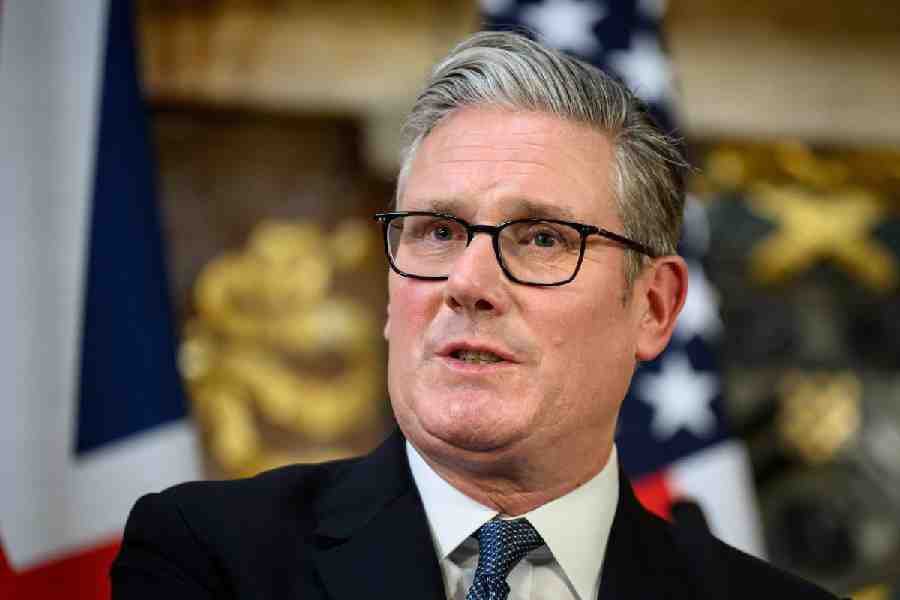Brand managers and politicians have something in common. Both are obsessed with short-term results — the former with quarterly figures and latter with winning elections.
The principles of branding apply to countries, governments and political parties the same way they apply to products and services, Jonah Berger, who teaches marketing at the University of Pennsylvania’s Wharton School of Business, said. He was in Calcutta for a daylong workshop.
At the CII Brand Conclave, partnered by The Telegraph, Berger dissected the science behind viral marketing: how social influence — like word of mouth — was a key driver of products and ideas to click.
On the sidelines of the conclave, Berger spoke to Metro on various issues, from digital marketing to immigrants. Excerpts:
Anger and anxiety
“Certainly and unfortunately,” Berger said when asked if the principles of branding and marketing applied to governments and political parties.
“In its core, when people talk about branding and marketing, they think of products and services but same is true with people, with ideas and with governments. The same biases that drive product issues drive a campaign.
“Take the United States, for example. I think Donald Trump has been successful by leveraging a lot of behavioural science. Whether consciously or not, his messages have spread because he leverages anger and anxiety, which are two emotions that drive content to become viral.”
Berger, the author of the bestseller Contagious: Why Things Catch On, said he was not a political expert but his thoughts on immigration would find resonance amidst the wave of protests against the Citizenship (Amendment) Act.
“What I find quite interesting is when the economy is good, no one worries about immigration. As soon as the economy starts not doing well, people blame immigrants. I don’t think nationalism is helpful or healthy in the long term. It might work as a short-term strategy that some politicians use,” he said.
Changes
Berger was welcoming of the changes and scope of innovations that the digital boom has brought to marketing. At the same time, he was bullish about the unaltered core of marketing — understanding consumers.
“Some of us think of marketing as selling what we can make. But it’s not about selling what you can make. It’s about making what you can sell. It’s about starting with the customer and ending with the customer.”
Berger felt the digital boom was good. “Digital has increased consumer expectations. Take an industry like music for example. Earlier, you had to buy a whole CD from a music artist. Now, companies come and say you can just buy an individual song rather than the entire thing. It has separated different parts of value — people have to buy only what they need.”
For Berger, technology created lot of innovation opportunities. “It has changed how we think about marketing in some ways. But core marketing is still about understanding the customer. For companies that haven’t done that, it is going to be harder to survive. For companies which have always done that, now there is a new channel (digital) to communicate with customers and to hear from those customers.”
Stores versus brands
Several brands no longer want a retailer between themselves and customers, said Berger, who has conducted Wharton’s top-ranked online courses, published dozens of articles in academic journals and has been consulted by several Fortune 500 companies.
“Think of a grocery store. Am I loyal to the brands I buy from the store? If that grocery store stops keeping certain brands, do I switch to a different grocery store and buy that brand or I stick to the same store and buy a different brand? Brands are saying ‘I don’t want to have a retailer between my customer and me’.”
He pointed to the emergence of e-commerce platforms. “It’s hard to be in 10,000 or 100,000 stores. There is a physical cost of location. Many companies are saying why are we at any physical location at all. I can sell online and don’t need physical locations.”











